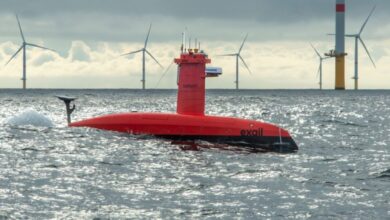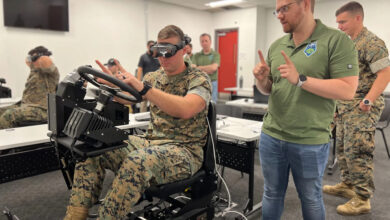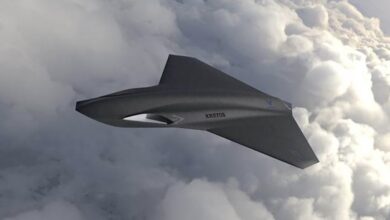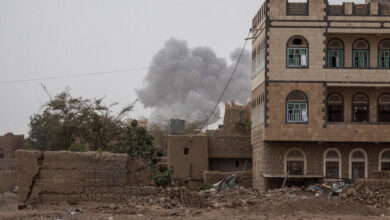US Air Force Opens Laser Development Center in New Mexico
The US Air Force Research Laboratory (AFRL) has conducted a ribbon-cutting ceremony to launch a laser development center at Kirtland AFB, New Mexico.
The Semiconductor Laser Indoor Propagation Range (SLIPR) is a 17,158-square-foot (1,594 square meters) indoor facility that will provide in-house services for innovative projects to develop laser solutions for the US military.
The SLIPR facility boasts a broadcast range of 328 feet (100 meters) and a 3,500-square-foot high bay propagation area to test concepts.
The hub also includes laboratories designed for X-ray and photoluminescence that will be leveraged for analyzing materials grown by molecular beams supporting semiconductor device manufacturing.
Currently, AFRL is producing diode lasers that can emit radiation at infrared wavelengths. Studying this field previously required experts to travel to other locations for trials.
Lasers for Warfighters
According to the US Air Force, the $7.2-million hub is expected to fill in vital gaps in the service, especially those related to fabricating future laser systems that will generate advantages for warfare and other programs focusing on directed energy technologies.
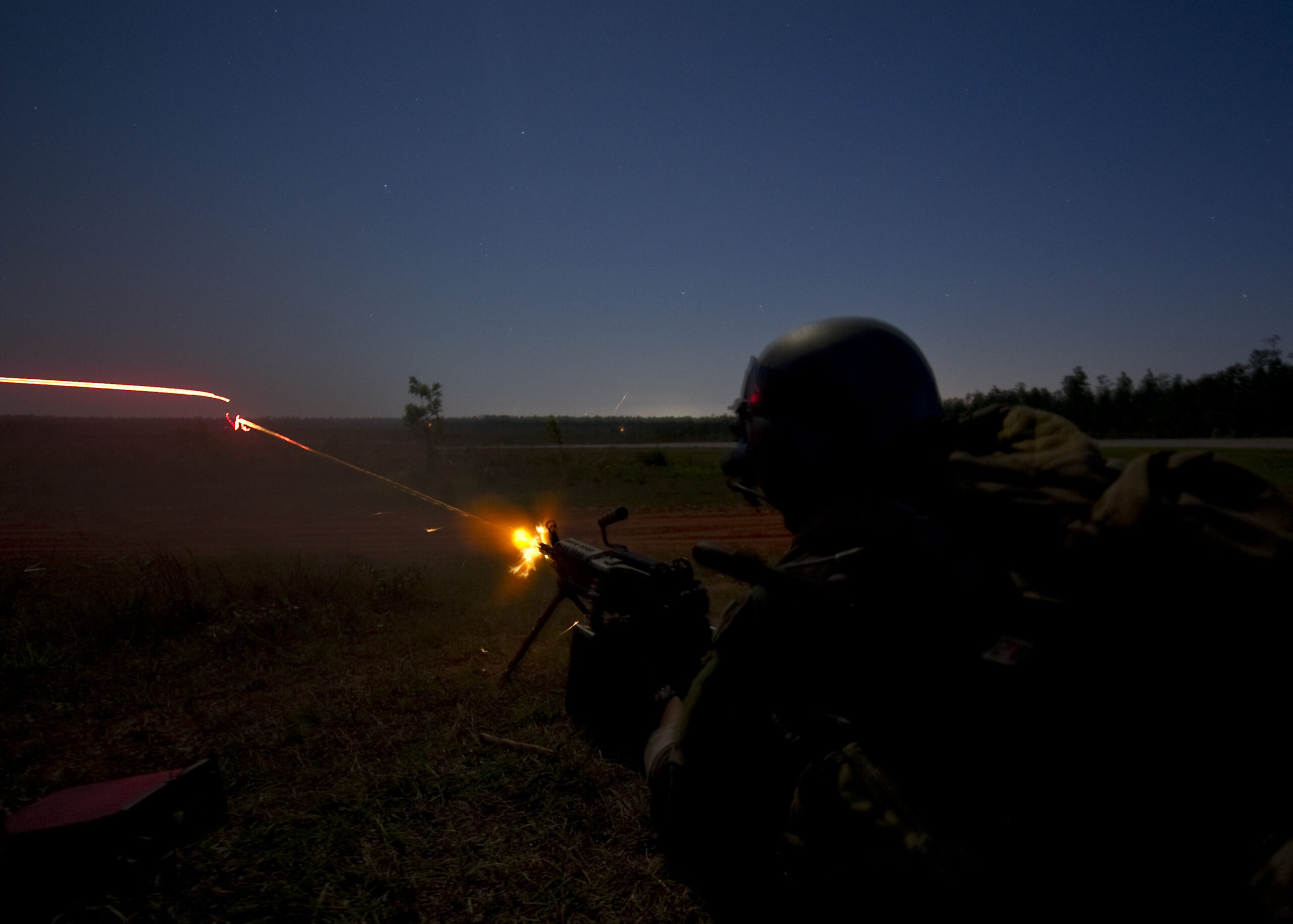
“Within the technologies branch, we have three programs: the laser effectors, laser beam control and laser illuminators,” AFRL Directed Energy Laser Division Chief Dr. Imelda Atencio explained.
“The laser illuminator group is currently developing laser sources from the 1–10-micron wavelength region and expertise and equipment in laser design, growth, processing, fabrication and characterization that will allow them to make specifically designed illuminator lasers that can be delivered to the warfighter.”
Milestone in Directed Energy
Among the first military efforts that SLIPR will support includes the testing of hundreds of laser devices in collaboration with the Special Operations Command.
The US Air Force has several initiatives to mature the integration of directed energy capabilities aboard ground-attack aircraft, fighter jets, aerial drones, and orbital satellites.
“World-class personnel need world-class facilities,” AFRL Directed Energy Director Dr. Shery Welsh stated.
“It is the way the Directed Energy Directorate is going to maintain our vibrant in-house research capability. We have the nation’s most innovative people working at the [AFRL] and this state-of-the-art facility will allow us to maintain our agility.”
“We do this for the warfighter. We want to ensure they have cutting edge technology at their fingertips to provide technological surprise on the battlefield for our strategic competition.”




